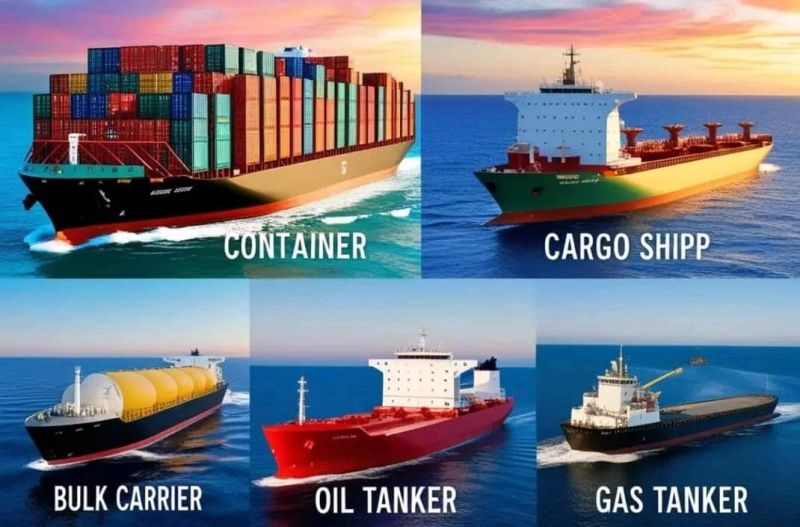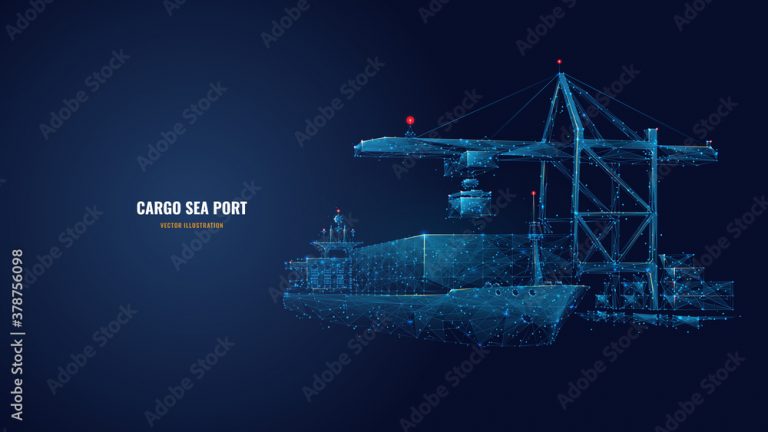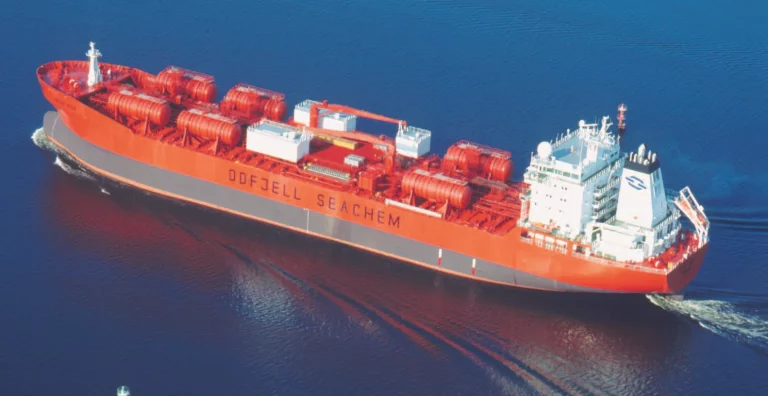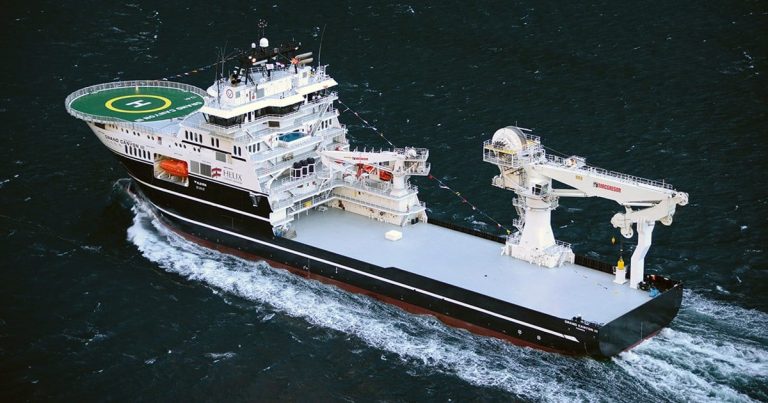
Commercial Vessels & Subcategories
Commercial vessels are the backbone of global trade, transporting goods and people across the world’s oceans. They come in a wide variety of shapes and sizes, each designed for specific purposes.
Major Categories of Commercial Vessels
- Cargo Vessels:
- Bulk Carriers: These vessels transport large quantities of unpackaged bulk commodities like coal, grain, and iron ore. They are further categorized by size, such as Capesize, Panamax, and Handysize.
- Container Ships: Designed to transport standardized shipping containers, these vessels have revolutionized global trade.
- Tankers: These vessels transport liquid cargo, including crude oil, petroleum products, and chemicals. They are categorized based on the type of cargo they carry, such as oil tankers, chemical tankers, and LNG carriers.
- General Cargo Ships: These versatile vessels can transport a variety of packaged goods, including machinery, electronics, and consumer goods.
- Passenger Vessels:
- Cruise Ships: These luxurious vessels offer recreational and leisure experiences, including dining, entertainment, and sightseeing.
- Ferries: Transport passengers and vehicles between islands, countries, or continents.
- Passenger Ships: Designed for longer voyages, often combining cruising with specific destinations or activities.
- Specialized Vessels:
- Offshore Supply Vessels: Support offshore oil and gas operations by transporting personnel, equipment, and supplies.
- Tugboats: Powerful vessels used to tow and maneuver larger ships.
- Fishing Vessels: Used for commercial fishing, ranging from small fishing boats to large factory ships.
The Future of Commercial Vessels
The future of commercial shipping is marked by technological advancements and environmental concerns. Some key trends include:
- Automation and AI: Increased automation in ship operations to improve efficiency and reduce costs.
- Environmental Sustainability: Adoption of cleaner fuels and energy-efficient technologies to reduce emissions.
- Digitalization: Use of digital technologies for remote monitoring, predictive maintenance, and optimized routes.
- Electric and Hybrid Propulsion: Development of electric and hybrid-powered vessels to reduce emissions.
As the global economy continues to grow, the demand for efficient and sustainable shipping solutions will drive innovation and development in the maritime industry.
Would you like to delve deeper into a specific type of commercial vessel or explore the challenges and opportunities facing the maritime industry?



